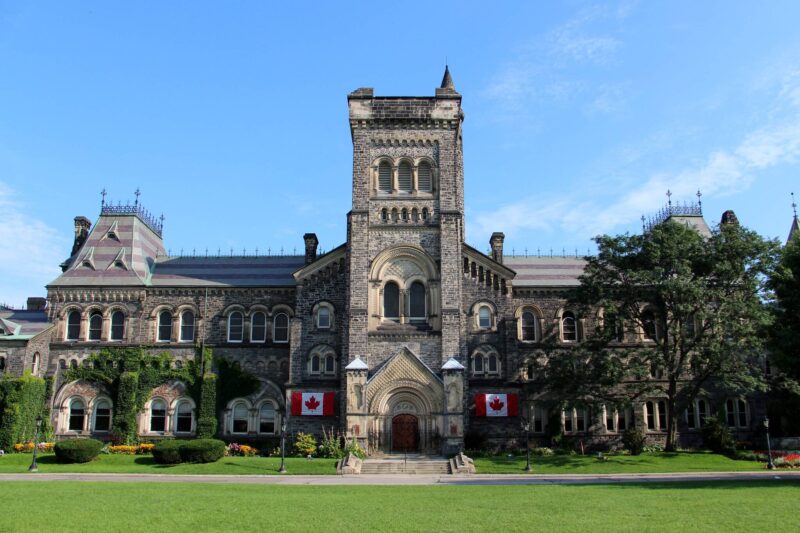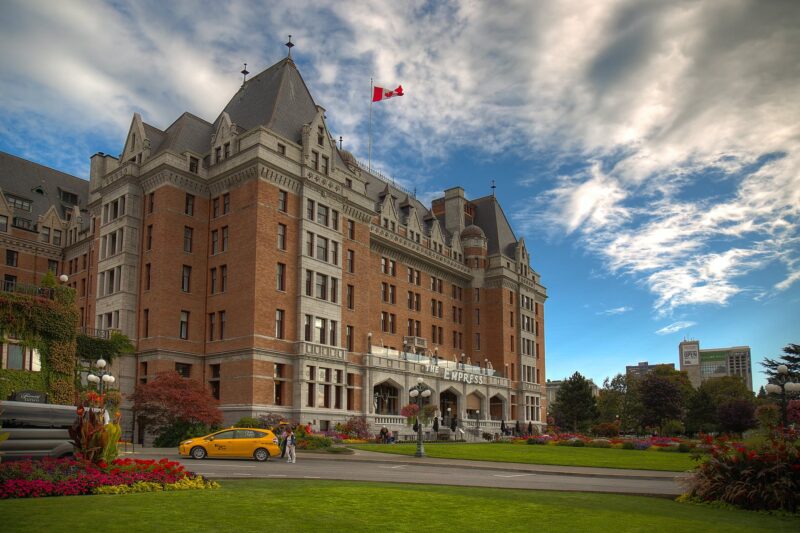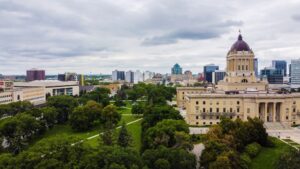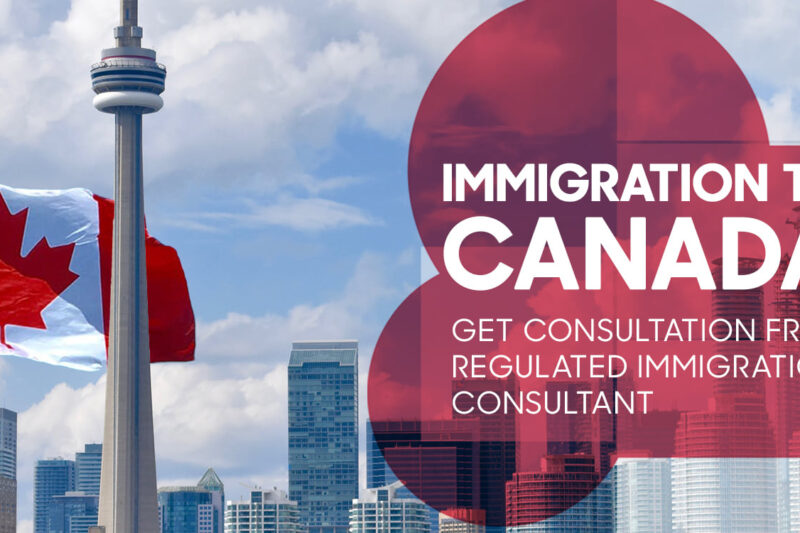
IRCC back to 12-month processing for spousal sponsorship applications
In January 2022, Immigration Minister Sean Fraser announced that Canada’s spousal sponsorship has returned to its 12-month processing standard for new applicants. According to a government media release, efforts to modernize the Canadian immigration system have allowed Immigration, Refugees and Citizenship Canada (IRCC) to get back on track. IRCC also launched a portal where spousal and child sponsorship applicants can track their immigration applications online.
Eligibility for Spousal Sponsorship
Canadians may be eligible to sponsor if they:
Eligibility to be Sponsored
The person being sponsored needs to meet the following eligibility criteria:
Also, foreign nationals must pass a health, security, and criminality screening and therefore be considered admissible to Canada.
Steps to submit a Sponsorship Application
IRCC’s processing standard is 12 months.
Book Free Consultation with VConnect Immigration Inc. related to your Immigration Matters!
Like, share, and subscribe for More Immigration Updates!

The education system in Canadian is ranked among the best in the world. The best countries are ranked for education based on certain conceptualized global surveys that are based on the compilation of data from equally educationally developed countries where the system of public education is well developed, the people would consider attending universities and that provides the best quality education. For the quality of life, Canada is also ranked first place and overall it is considered the third-best country in the world.
Blend of Different Cultures
Canada attracts talent from all nooks and corners of the world and because it affords special emphasis on multiculturalism, incoming students find it at home while pursuing their courses at Canadian universities. With encouraging professors, friendly communities, and students from diverse communities, you interact and get to know many different cultures and customs. Further, it aids you in developing your ideas, how to better interpret your own beliefs. Studying abroad is a difficult journey, no doubt, but when amidst such a unique environment, you have all the tools to make it the best experience of your life.
Multilingual Campus, City, and Country
Canada has two official languages, French and English. In that respect, students can take advantage of learning French through vernacular means. Though studies can generally be undertaken in both languages, by regularly interacting with your friends, colleagues, your local shops, neighbors, you can learn an additional language, in most cases, French. In particular, the province of Quebec is considered the hub of French natives
Some Famous Places of Study In Canada
The University of Toronto is known for contributing to the world economy with amazing concepts. It is the best and most talked about institute of research in Canada.
University de Montreal is a very popular university that is ranked 5th in the whole world. Languages such as English and French are used as a mode of communication.
The University of Waterloo can be said as just the other name of innovation, it is always the first to bring and introduce something new.
The University of British Columbia is best for providing students with the best research and analysis support with excellent faculty.
McMaster University in Hamilton is a world-class center for public research and has fed inquiry and curiosity for over a century.
The University of Alberta is famous for its excellent performance in the fields of science, arts as well as social science subjects.
Calgary University is one with innovative plans for this generation. This university in Canada keeps in mind providing the students with the newest form of technology to learn and teach.

One of the eligibility criteria to become a Canadian citizen is that you need to have been physically present in Canada for three out of the last five years.
Among other criteria, if you are age 18 and older, you need to have been in Canada for at least 1,095 days out of the five years immediately before you apply for citizenship. The first thing to note when calculating your citizenship eligibility is that you need to have been a permanent resident for at least two years in order to meet the physical presence requirement. After you become a permanent resident, each day in Canada counts as one full day toward your citizenship application.
Each day you were physically in Canada as a temporary resident before you became a permanent resident counts as half a day, up to a maximum of 365 days. So, if you were a temporary resident who did not leave Canada for three years, it would only count for 365 days. Again, Immigration, Refugees, and Citizenship Canada (IRCC) consider only five years immediately before the date of your application for the physical presence requirement. If you have been physically present in Canada as a permanent resident for the past five years, for example, then the time you spent in Canada as a temporary resident does not count. If you were not a temporary resident before you got permanent residence, then you need to have spent at least 1,095 days, or three years, in Canada.
Other Eligibility Criteria For Canadian Citizenship:
In addition to the physical presence requirement, here are some of the other eligibility criteria for Canadian citizenship:
Once you meet the eligibility criteria, you can apply for Canadian citizenship. Then once approved, applicants between ages 18 and 54 will have to take a citizenship test. Then you must attend a citizenship ceremony receive a certificate of Canadian citizenship, and take the Oath of Citizenship. After that, you officially become a Canadian citizen.
Know your Eligibility and be ready for suitable options with the help of Vconnect Immigration Inc. to Get Permanent in Canada


Acquiring Canadian citizenship offers a variety of benefits including being able to live and work in one of the world’s best and most stable countries. You are able to raise your family in a country that offers universal healthcare, high-quality education, a stable political and financial environment, great job opportunities, among a host of many other benefits. Being a citizen gives you access to a Canadian passport which allows you to pursue visa-free travel to 185 countries.
An experienced Canadian immigration lawyer can help you apply for Proof of Citizenship, also known as a Canadian citizenship certificate. Prior to the pandemic, it took the Canadian government about five months to process an application but this is now taking longer due to delays caused by the pandemic. Hence, it is beneficial to go ahead with the application process now so you can enjoy the benefits of Canadian citizenship as quickly as possible. One of the major benefits of hiring an experienced lawyer is they can help you avoid mistakes and unnecessary delays by ensuring you submit the strongest possible Proof of Citizenship application possible.
Process of Applying for Canadian Citizenship Certificate
Generally speaking, Proof of Citizenship applications are submitted by adults who had a parent born in Canada who thought they were eligible for Canadian citizenship but were never sure. In addition, such applications are submitted by Canadian parents on behalf of their children that were born abroad, or submitted by the children themselves.
IRCC requires evidence that at least one biological or legal parent was a Canadian citizen when the child was born. Examples of evidence include the parent’s birth certificate, citizenship card, or citizenship certificate.
The total Canadian government application fee is $75 CAD.
IRCC will then review it to make sure it is complete. You will then receive an “acknowledgment of receipt”. If your case is complicated, IRCC may need to contact you to get more information or documents. IRCC may also need more time to process complicated cases.
Once IRCC approves your application, they will send you a Canadian citizenship certificate.
Book your consultation with VConnect Immigration Inc. related to your Immigration Matters!



 These figures come the day before the first Express Entry draw of the year when IRCC invited Provincial Nominee Program (PNP) candidates only. Out of nearly 194,000 candidates, more than 154,000 were FSWP candidates, about 38,000 were CEC candidates, 577 were Federal Skilled Trades Program (FSTP) candidates, and the remaining 344 PNP candidates were invited to apply for permanent residence the following day.
These figures come the day before the first Express Entry draw of the year when IRCC invited Provincial Nominee Program (PNP) candidates only. Out of nearly 194,000 candidates, more than 154,000 were FSWP candidates, about 38,000 were CEC candidates, 577 were Federal Skilled Trades Program (FSTP) candidates, and the remaining 344 PNP candidates were invited to apply for permanent residence the following day.Book your consultation with VConnect Immigration Inc. related to your Immigration Matters.



This is not the first time Ontario exceeded its original allocation. In 2020, Ontario nominated 8,054 principal applicants to apply for Canadian permanent residence even though it was originally allowed to enter Canada was 7,350.





